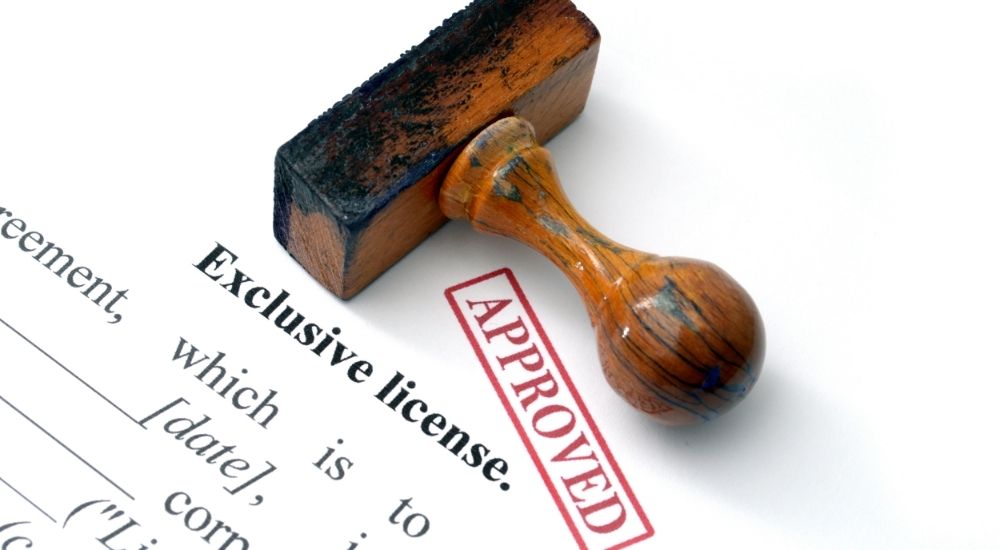
Types Of Surety Bonds
Surety bonds are essential for contractors to gain their customers’ trust. If you’re a contractor looking to get a bond for your next project, keep reading to learn what types of security bonds are available for you or your company.
What Is A Surety Bond? How Does It Work?
Before choosing the right type of bond for you or your company, you first have to understand surety bonds and how they work.
In the first place, a surety bond is not a license or insurance. While a license formalizes your ability to conduct business legally, a bond indicates that you will act yourself ethically. Also, as opposed to insurance, instead of involving two parties, it involves three.
In summary, surety bonds are written agreements between three parties that guarantee that a company will fulfill its obligations.
Moreover, these three parties are the Principal (the business responsible for performing work as agreed), the Obligee (the person who needs the guarantee), and the Surety (the entity issuing the bond, typically an insurance company).
Let’s say John is in the construction industry and owns the company J & Family Construction.So, a construction project owner hires John’s company for the job and requires a surety bond that guarantees the company will accomplish the task.
Typically, the principal (John) has to make an upfront payment for the surety entity to issue the bond. If John’s company fails to meet the obligations, the consumer can make a claim.
If the surety finds the claim is valid, it will pay the customer a fee that doesn’t exceed the bond amount. The scenario applies to other contractors, such as plumbers, electricians, or HVAC contractors.
Why Do Contractors Need A Surety Bond?
Surety bonds are conditions for obtaining a contractor’s license to engage with a particular activity legally. And, although its primary goal is to protect customers from malpractices or fraud. I
In a way, they also offer contractors an opportunity to portray themselves as trustworthy and competent enough for projects. Following, we explain some essential surety bonds for contractors.
Types Of Surety Bonds

To have general knowledge, we walk you through the primary type of surety bonds you should consider if you are a contractor and what you can expect from each one. These are:
- Bid bonds
- Performance and Payment bonds
- License and permit bonds
- Maintenance bonds
- Fidelity bonds
Bid Bonds
When a contractor offers a low bid to the project owner and gets hired to complete the task, the project owner has to ensure that the contractor will accomplish the job.
This type of bond guarantees that the winning bidder contractor will meet the obligations regarding the bidding. Otherwise, the project owner gets financial compensation from the surety entity corresponding to the difference between the winning contractor’s bid and the next lowest bidder.
Performance and Payment Bonds
A performance bond and a payment bond are usually required together to protect the customer. In the first instance, compensation is provided directly to the customer if the contractor fails to complete the project. While a Payment Bond ensures that the contractor pays his vendors and laborers.
License and Permit Bonds

Municipalities or government agencies typically require this type of bond. The purpose of a license bond is to ensure compliance with governmental regulations by the party seeking a license. In the specific case of contractors, the surety bond available is the Contractor License Bond.
This bond protects the public from being a victim of fraud.
Maintenance Bonds
In the event of defective materials or failures in the design after the project completion, this type of bond protects the customer during a specified period.
Fidelity Bonds
Bonds of this kind protect both companies and their customers from fraud or theft committed by employees.
Fidelity bonds are typically for companies where their employees have access to the customer’s house, like landscaping or cleaning businesses.
Which Types Of Surety Bond Is For Me?
To choose the right type of surety bond you need, you first have to ask yourself why do you need a bond in the first place? Is it to get a license or to start a new project?
Furthermore, did somebody require a bond from you? The type of bond you should select will depend on the answer to those questions.
Some types of bonds are easy to get. However, some will require some more information from you and your company. The cost and coverage amount will depend on the type of bond.
Get Bonded For Your Next Project
If this is too much information for you to process, and you feel that you still need to clear some doubts, Paga-Menos Insurance can assist you in determining the type of surety bond you require if you are a contractor.
Take the next step into building trust among your customers with the proper surety bond. We offer contractors a wide variety of surety bonds. Feel free to contact us.
